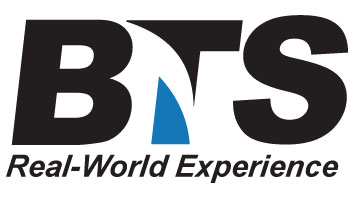| 2014 NFPA 70 NEC Essentials Updated National Electrical Code Training |
 |
Module 1: Introduction to the NEC« and Organization of the NEC (Articles 90 and 100)
Module 2: General Requirements (Article 110)
Module 3: Access and Space Requirements (Article 110)
Module 4: Conductor Types and Differences (Articles 100, 210, 215, 225, 230)
Module 5: Conductor Identification (Articles 200, 250, 310, 210, 215, 110, 517)
Module 6: Wiring Methods (Article 300, Chapter 3)
Module 7: Raceway Fill (Chapters 3 and 9)
Module 8: General Overcurrent Considerations
Module 9: General Conductor Sizing Considerations
Module 10: Conductor Ampacity Calculations (Article 310)
Module 11: General Overcurrent Protection Requirements (Articles 240, 210, 400, 405)
Module 12: Overcurrent Protection Location and Tap Rules (Article 240)
Module 13: Service and Other Special Overcurrent Protection (Articles 240, 230, 215)
Module 14: Transformer and Panelboard Protection (Articles 450, 408)
Module 15: General Considerations and Requirements for Motors (Article 430)
Module 16: Motor Circuit Overcurrent Protection, Special Motor Requirements (Articles 430, 440)
Module 17: Grounding and Bonding Definitions (Articles 250)
Module 18: Grounding and Bonding at Services (Article 250)
Module 19: Grounding Electrode System (Article 250)
Module 20: Grounding Separately Derived Systems (Article 250)
Module 21: Grounding at Separate Structures not Supplied by Services (Article 250)
Module 22: Equipment Grounding and Bonding (Article 250)
Module 23: Supply-Side and Load-Side Bonding (Article 250)
Module 24: Special Bonding Requirements (Articles 250, 547, 517, 680, Chapter 8)